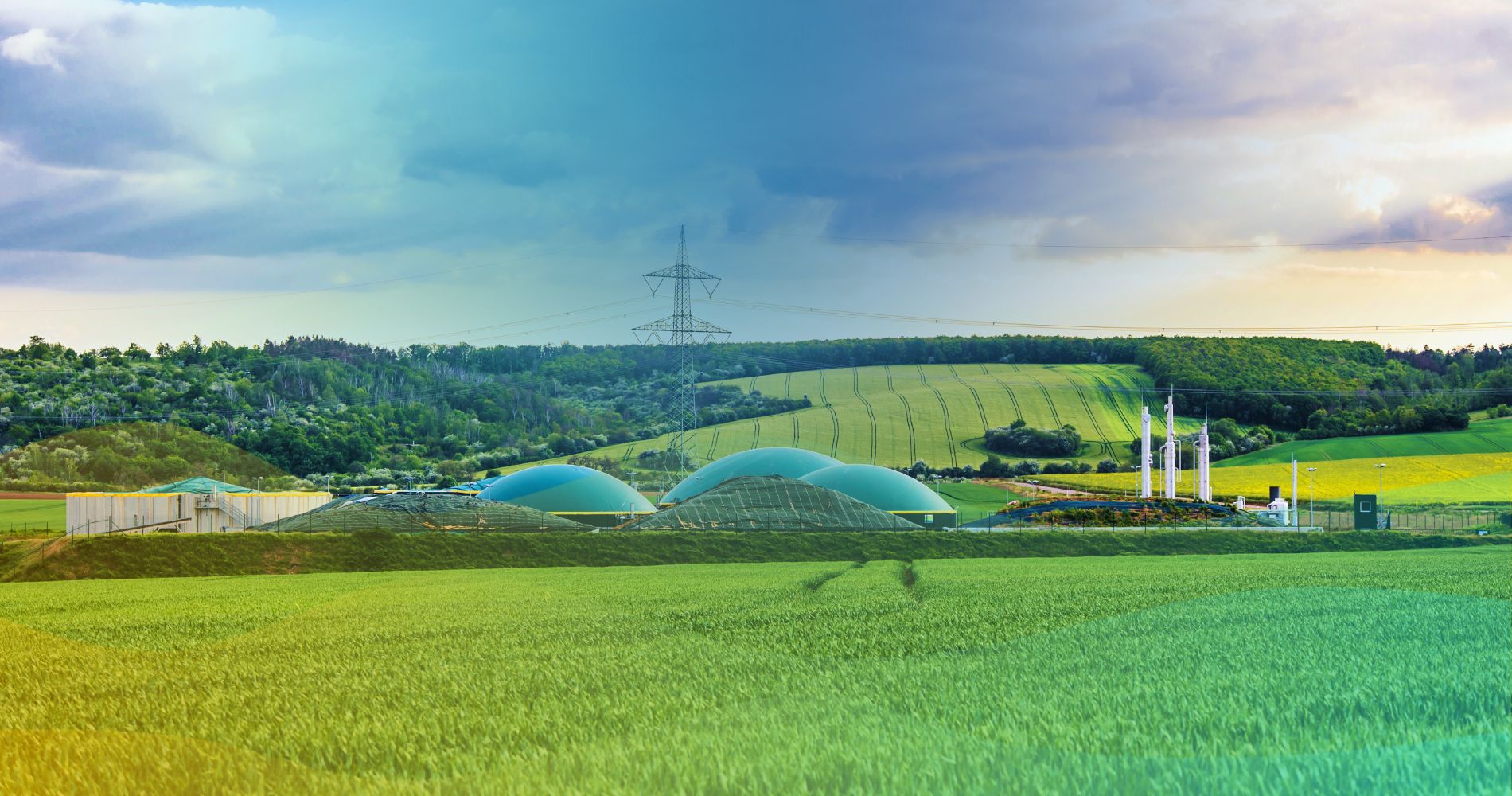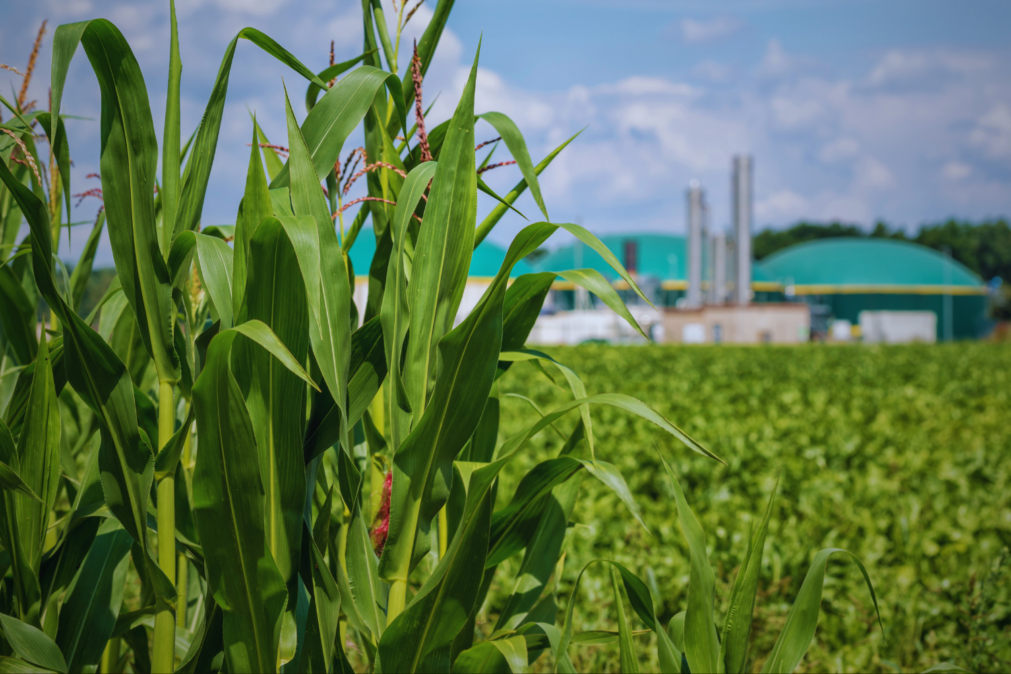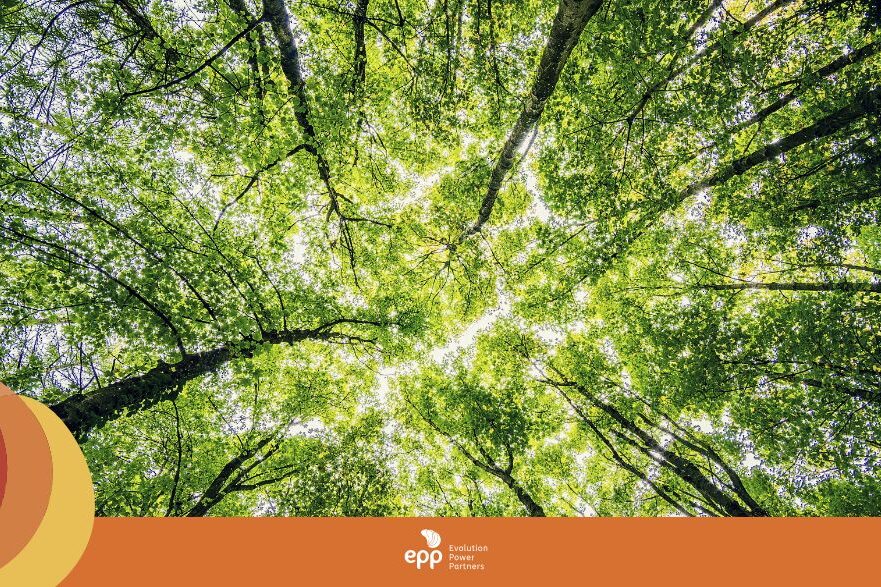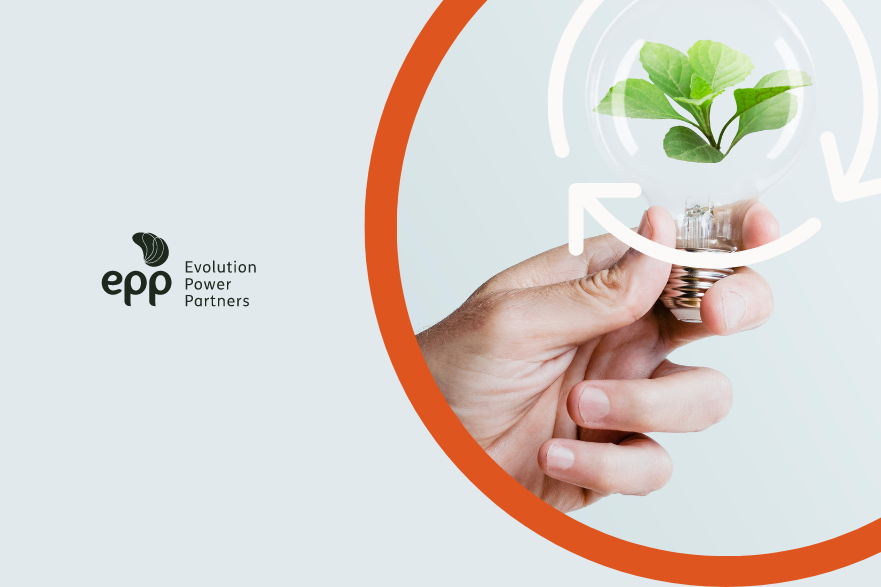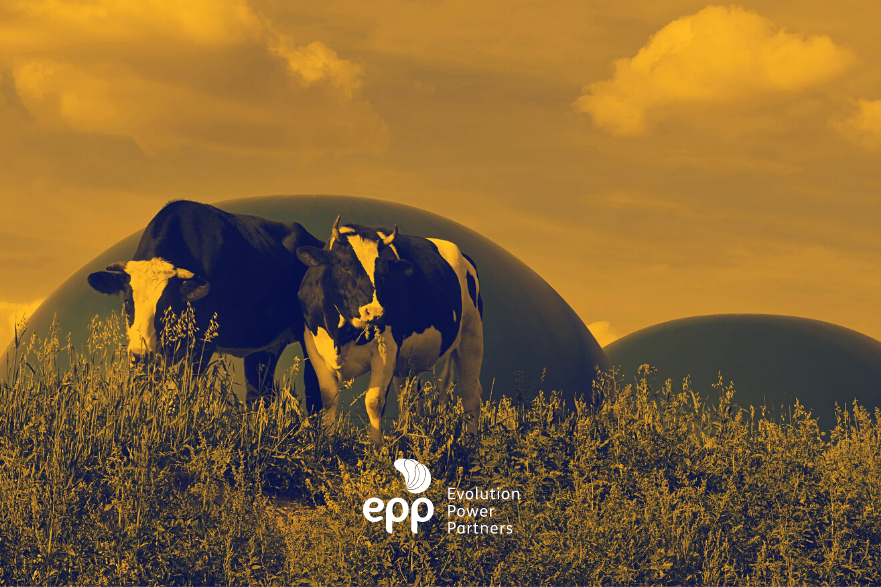The growth of bioenergy on the national scene
With increasingly robust investments, the bioenergy industry has stood out in Brazil. Currently, it represents almost 20% of the energy supply consumed in the country. This growth is the result of the maturation of the sugar-alcohol and bioenergy sector, which, over the last two decades, has undergone significant transformations, driven by new technologies and stricter sustainability goals.
Innovations and technological advances in the sector
The sector has benefited from technological advances, such as the automation of harvesting and the complete digitization of production. Currently, Brazil has 628 plants that use biomass as fuel, indicating an exponential growth potential for this industry. In addition, the national production of sugarcane for the 2023/24 harvest should grow 4.4% compared to the previous cycle, totaling 637 million tons. This increase is driven by the growth in harvested area and constant gains in productivity, especially in the state of São Paulo, the largest producer of sugarcane in the country.
Environmental Impact and Sustainability
Bioenergy is not only an economical alternative, but also a sustainable solution. The production of bioenergy contributes to the reduction of greenhouse gas emissions, being a cleaner alternative compared to fossil fuels. In addition, Brazil, with its vast territorial extension and favorable climate, has significant potential for biomass production.
The bioenergy sector has also shown itself to be resilient in the face of climate change. Even with the challenges posed by the climate, bioenergy production has remained stable, thanks to investments in research and development. Companies are looking for more resistant sugarcane varieties and more efficient agricultural techniques to guarantee production.
The role of government and incentives
The Brazilian government has played a crucial role in the growth of bioenergy. With incentive policies and financing programs, the sector has received the necessary support to expand and innovate. RenovaBio, for example, is a program aimed at expanding the production and use of biofuels in Brazil, contributing to the reduction of carbon emissions.
Gás Verde and Grupo Urca Energia: Leadership in Biomethane in Brazil
The Urca Energia Group has stood out as one of the main players in the bioenergy market in Brazil. Gás Verde, a company of the Urca Energia Group, is recognized as the largest producer of biomethane in Latin America, a 100% renewable fuel. The company produces biomethane and issues the CBIO decarbonization credit, in accordance with ANP specifications. From 2024, the company also plans to produce green CO2. Its sustainable solutions support the treatment of waste and contribute to the transition of companies to a cleaner energy matrix. By 2023, Gás Verde will contribute to preventing the emission of 500 thousand tons of CO2 into the atmosphere.
Challenges and future prospects
Despite advances, the sector still faces climate-related challenges. Climatic phenomena, such as El Niño, can impact production. However, companies like Grupo Urca Energia are investing in energy solutions and renewable products. Gás Verde transforms urban and company waste into biomethane, avoiding new emissions and protecting the environment. The company currently produces 130,000 m³/day of biomethane and has ambitious plans to expand this production to 580,000 m³/day by 2026.
